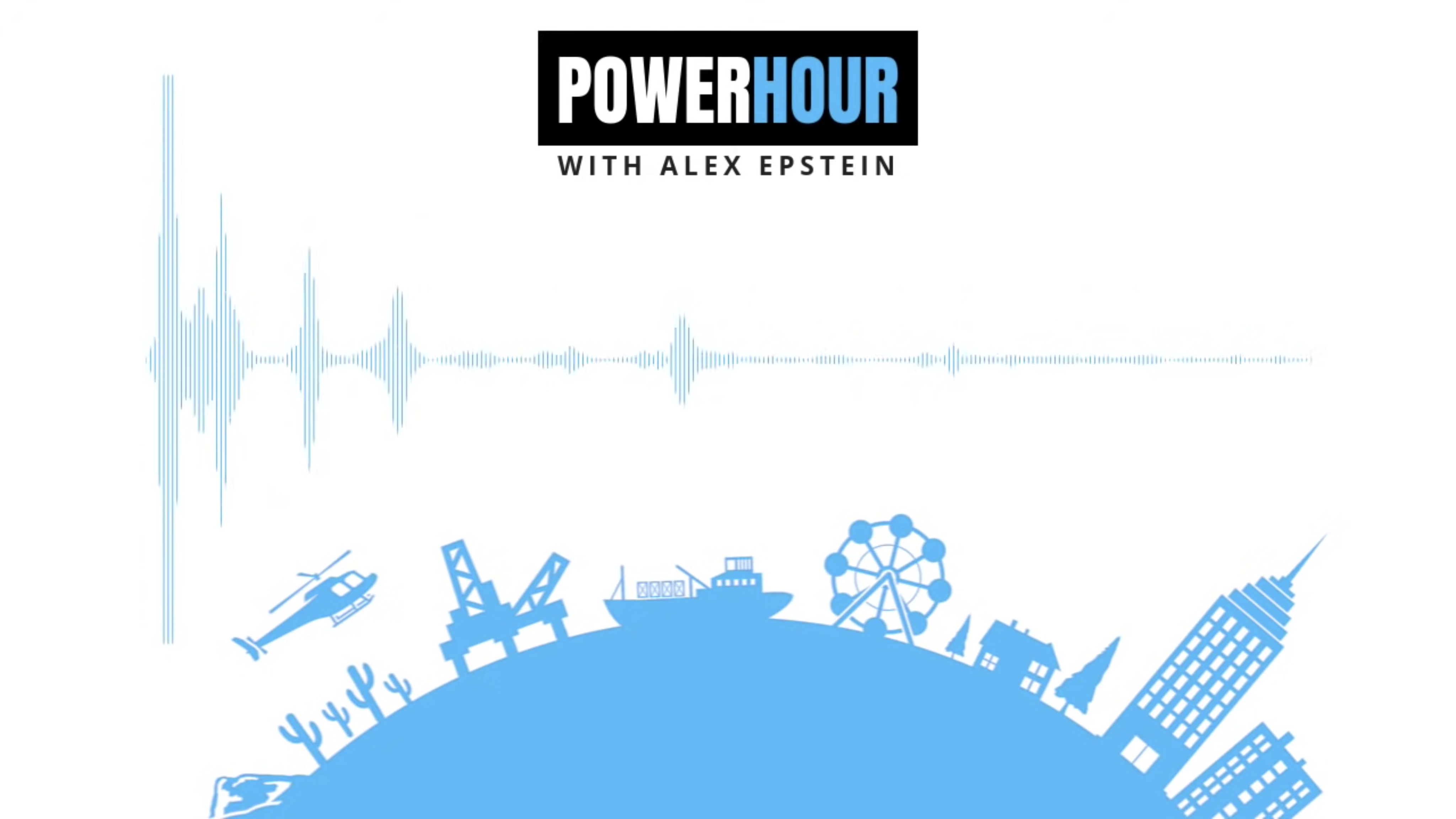Quick Summary
-
Summary: On October 4, I interviewed Toby Rice, the CEO of America's largest natural gas producer, about the causes of and solutions to the world's natural gas crisis. The takeaway: The US could alleviate most of this crisis--if not for anti-gas-infrastructure policies.
-
"At the end of the day, you look at this and all of this could have been prevented." Rice says that with sufficient natural gas transportation infrastructure, the US could easily produce 20 BCF more a day and "alleviate these extreme situations that the world is dealing with."
-
Rice points out that the 20 BCF a day of natural gas production that would significantly alleviate global problems is "relatively simple" given that "we've grown gas supply in shale by over 65 BCF a day in the last 15 years."
-
"We really want to be a solution here," says Rice. "Unfortunately, we're just out of infrastructure. And so we have the biggest gas resource in the world here in Appalachia, and EQT could do so much more, but without the infrastructure, there's not much we can do..."
-
"it's very hard pressed for companies to be incentivized to go out and develop this large scale infrastructure that this country needs, this world needs, because of the regulatory uncertainty and just the pressure we get from anti-fossil fuel, 'keep it in the ground groups'"
-
Rice is frustrated that policy is preventing him from providing gas to the world: "It feels terrible, Alex, because we know what this industry can do. If we were allowed to have that type of infrastructure, all of these hardships that people are going through" could be avoided.
-
Rice on American natural gas technology: "we are drilling in reservoirs now that have less porosity than pavement. We're fracking these Wells with jet engines. The technological innovation that this industry has brought rivals NASA. There's no doubt in my mind."
-
Rice on the morality of his industry: "I recognize that energy consumption is the driving factor behind human progress and human flourishing and my role in this world is to help promote energy consumption and drive human progress around the world."
-
Rice says expanding energy access requires natural gas: "That means hydraulic fracturing, that means shale development, that means building pipelines, that means feeding LNG facilities that will feed the world with the energy that they need to live productive, valuable lives."
-
Rice emphasizes that solar+wind electricity is a different product than natural gas electricity: "a lot of talk and emphasis has been put on how much solar and wind has come down the cost curve, but it's not the same product because of the intermittency of wind and solar."
-
Rice's analogy re: solar and wind: "You want to buy a car. Both cars are the same price. One car will run 24/7--whenever you want to drive somewhere, you can drive. The other car is only going to drive one of the sun's out or the wind's blowing. Which car are you going to buy?"
-
Rice on US natural gas's global potential: "This industry has so much more potential to go beyond what we've done with bringing energy independence in the United States and go beyond that and bring energy independence and energy security to the other people of the world."
-
Rice says his industry doesn't need subsidies: "This growth that we've seen in the United States, going from 5 BCF of shale gas production to over 70 BCF of shale gas production today...that was financed through private investments and didn't require government subsidies."
-
Rice says what is needed to unleash natural gas's potential is liberating infrastructure development: "we're not asking for the checkbook to help us become more successful." "All we're saying that we need to unleash US shale is pipeline infrastructure and LNG facilities."
-
Everyone who is talking about "infrastructure" and claiming that we need to spend $4.5T ($35K/household) on it should watch this interview, where the CEO of America's largest natural gas producer says we can liberate our most crucial infrastructure for $0.
